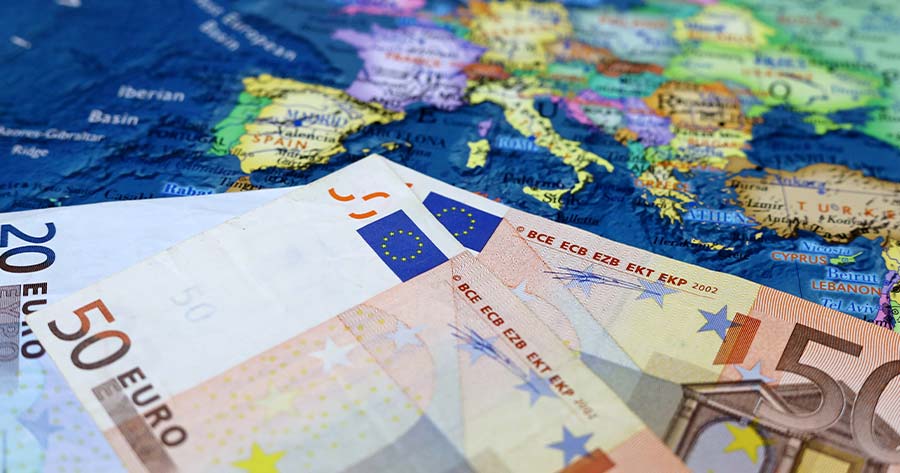In December, euro zone inflation increased for the third consecutive month, reaching 2.4%, as reported by Eurostat. This figure matched the projections made by economists in a Reuters survey and reflected a rise from an adjusted 2.2% in November.
The acceleration in inflation was anticipated following a low of 1.7% in September, as the influence of past low energy prices diminished.
The European Central Bank is closely monitoring the full scope of inflation increases, particularly due to enduring pressures in services and core inflation, amid current market expectations of rate cuts from 3% to 2% through several reductions this year.
Meanwhile, Germany, the euro zone’s largest economy, saw a higher-than-predicted inflation rate of 2.9% in December. France, on the other hand, reported inflation at 1.8% for the same month, slightly under the 1.9% forecast by a Reuters poll.
Haig Bathgate, director at Callanish Capital, noted that ECB policymakers are not likely to be overly concerned with the monthly inflation increase, provided it aligns with overall expectations.
He added that there is now greater predictability in many data points, suggesting that the trend toward lower rates in Europe is more foreseeable compared to regions like the U.K.





